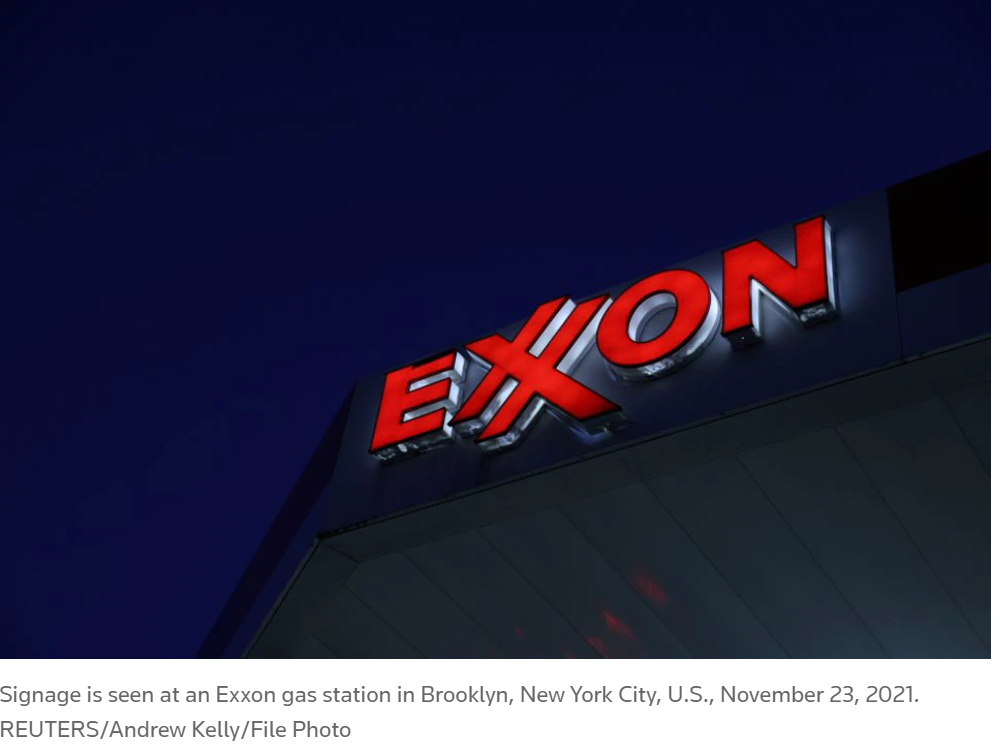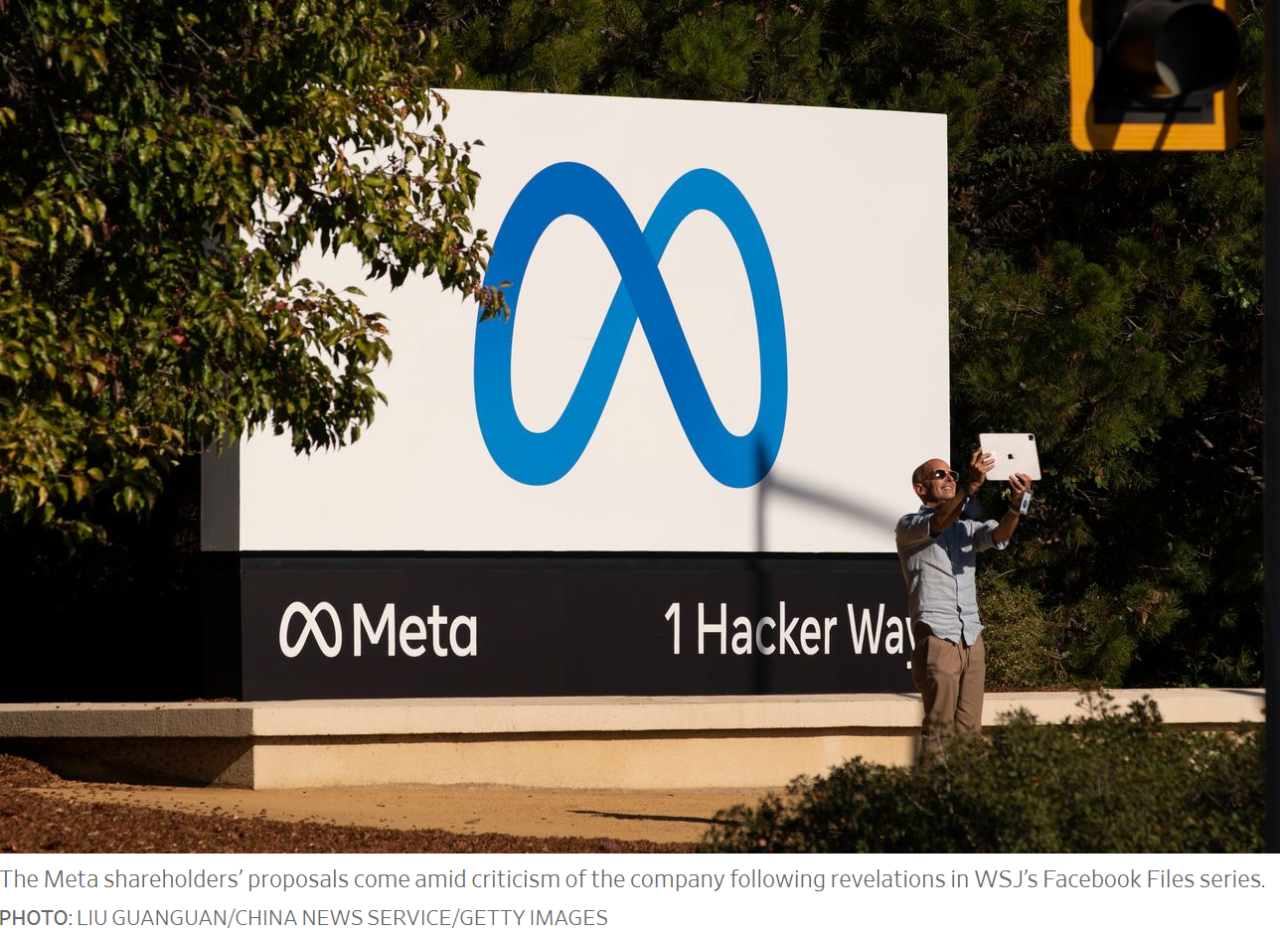Large Investors Refrain from Net Zero Alliance (Newsletter 12/17)
Sign up for The Infinite Minute and receive a quick recap of the week’s ESG news highlights every Friday.
Regulatory Updates
Gensler Confirms Timing of Proposed Climate & HCM Rulings
In line with recent news, SEC Chairman Gary Gensler said in an interview that climate risk disclosure, human capital management, and cyber risk proposed rulings will be released for public comment “hopefully early next year.” Gensler confirmed the SEC is evaluating Scope 1, 2, and 3 emissions, and for companies that have already made net zero commitments, he is looking at the public disclosures that should support such commitments. Gensler also said they are building on TCFD’s quantitative and qualitative disclosures. As for human capital requirements, he said the SEC is looking at metrics on demographics, workforce turnover, compensation, benefits, among other items.
Investor Updates
BlackRock’s 2022 Proxy Voting Guidelines
This week, BlackRock released 2022 proxy voting guidelines. Here are the top 3 things you need to know.
- In 2022, BlackRock is asking companies “to demonstrate that their plans are resilient under likely decarbonization pathways,” to share ambitions to limit to global warming by 1.5℃, and to disclose how “a reliable energy supply and just transition” to net zero influence their plans.
- Expect BlackRock to focus more on board diversity. In 2022, BlackRock would like to see at least one director from an underrepresented group and at least two directors who identify as female.
- BlackRock is still asking companies to report aligned with TCFD. However, the institution is no longer focusing only on SASB for industry-specific sustainability reporting, noting other standards with industry- or company-specific metrics are acceptable.
For more information and policy updates, see BIS Proxy Voting Guidelines for U.S. Securities or BIS Global Principles.
Norway Wealth Fund Ratchets Up Divestments Based on ESG Risk
Norway’s $1.4 trillion sovereign wealth fund has divested from nearly 400 stocks in the past decade due to poor ESG performance. The fund argues that this screening process will limit risks that will lead to financial losses. The screening removes companies that would otherwise be automatically included if the analysis was based on traditional financial metrics only. Divestments due to ESG risk mainly affect small companies where engagement is difficult, and the fund’s recommendations are unlikely to be heard.

Pimco and Fidelity Shun Net-Zero Alliance Embraced by BlackRock
The Glasgow Financial Alliance for Net Zero, a UN-backed group of asset managers with commitments to support companies in achieving the goals of the Paris Agreement, is struggling to attract some holdout institutions. Pimco, Fidelity, and others that have resisted joining the alliance, stating that they support its goals, but do not want to be beholden to an external organization. Proponents of the alliance say a unified front is the best way to combat climate change, but critics argue that their fiduciary duty prohibits them from joining on their clients’ behalf.
ESG Ratings & Reporting
MSCI Scrutinized for Disconnect Between Marketing and Methodology
In a recent article, Bloomberg Businessweek analyzed every rating upgrade from January 2020 to June 2021 for S&P 500 constituents (as of 6/30/21). The analysis identifies a gap between MSCI’s “better investment decisions for a better world” branding and the rating agency’s methodology. MSCI’s rating is designed to aid investors in understanding the ESG risks and opportunities that a company faces and how each company manages those issues. Bloomberg pointed out several findings from its research:
- Almost half of the companies analyzed were upgraded solely due to changes in peer scores, methodology changes, reweightings, or other tweaks made by MSCI, as opposed to increased ESG disclosures.
- MSCI’s does not always factor climate change into its ratings changes.
- McDonald’s, a heavy emitter of greenhouse gas (GHG) emissions received an upgraded score due to “environmental practices.” The change occurred after MSCI dropped carbon emissions from McDonald’s rating, citing climate change does not pose risks or opportunities to the company’s bottom line.
- McDonald’s received a new environmental score for diminishing “risks associated with packaging and material waste” for reasons which included installing recycling bins at locations in France and the UK, where recycling is mandated.
- Allowing MSCI’s ratings to determine inclusion in ESG indices creates indices that are not necessarily any better for the world than regular funds. For example, almost 90% of S&P 500 stocks have ended up in ESG funds based on MSCI’s ratings.
SASB Announces 3 Updated Industry Standards
SASB has released its first revisions to the SASB Standards launched in 2018, affecting three industry standards: Metals & Mining, Asset Management & Custody Activities, and Coal Operations. These revisions increase the disclosure topics for Metals & Mining and Coal Operations and decrease the disclosure topics for Asset Management & Custody Activities.
Companies Feeling the Heat
Exxon Targeted with Activist Shareholder Climate Resolution
Exxon Mobile faces a shareholder proposal from climate activist group Follow This, urging Exxon to publish medium- and long-term targets to reduce the GHG emissions from its operations and the burning of fuels sold to customers, known as Scope 3 emissions. Exxon’s Scope 3 emissions are by far its largest source of greenhouse gases. The oil and gas giant has successfully blocked attempts to file similar resolutions with the Securities and Exchange Commission in the past.

Activists Press Goldman Over Its Handling of Harassment Cases
At Goldman Sachs’ most recent annual meeting, 49% of investors—including BlackRock, Fidelity, and Pimco—supported a proposal requesting the bank disclose its process for dealing with employee harassment and discrimination claims. As a result of the vote, Goldman said it would review the relevant policies. The bank is under renewed pressure from investors who accuse it of acting too slowly to address these concerns. The Nathan Cummings Foundation has filed a second shareholder proposal asking Goldman for a public report on how it handles allegations of harassment and discrimination by its employees.
Apple Faces Probe Over Whether It Retaliated Against Whistleblower
The U.S. Department of Labor is investigating Apple regarding claims that the company fired an employee who voiced complaints of an unsafe working environment. The employee alleges she was exposed to chemicals and was retaliated against upon filing a complaint. Labor department investigations of big tech is rare because non-disclosure agreements often limit a whistleblower’s ability to speak up. This case is significant, however, as Apple could be liable for violations of whistleblower non-retaliation laws, hazardous waste disposal laws, and investor disclosure laws.
Shareholders Press Facebook for Governance Changes
Investors are demanding Facebook make changes to how they handle harmful content on their platform. An investor group has collectively filed eight different shareholder proposals that call for board oversight of content harm-reduction efforts, a risk assessment on metaverse efforts, and a review of the social media company’s audit and risk committee. This move comes as both investors and users call for increased transparency and integrity from the tech giant.

Featured Article
This week we broke down the dos and don’ts of sustainability communications. Read the full article.
News Bites